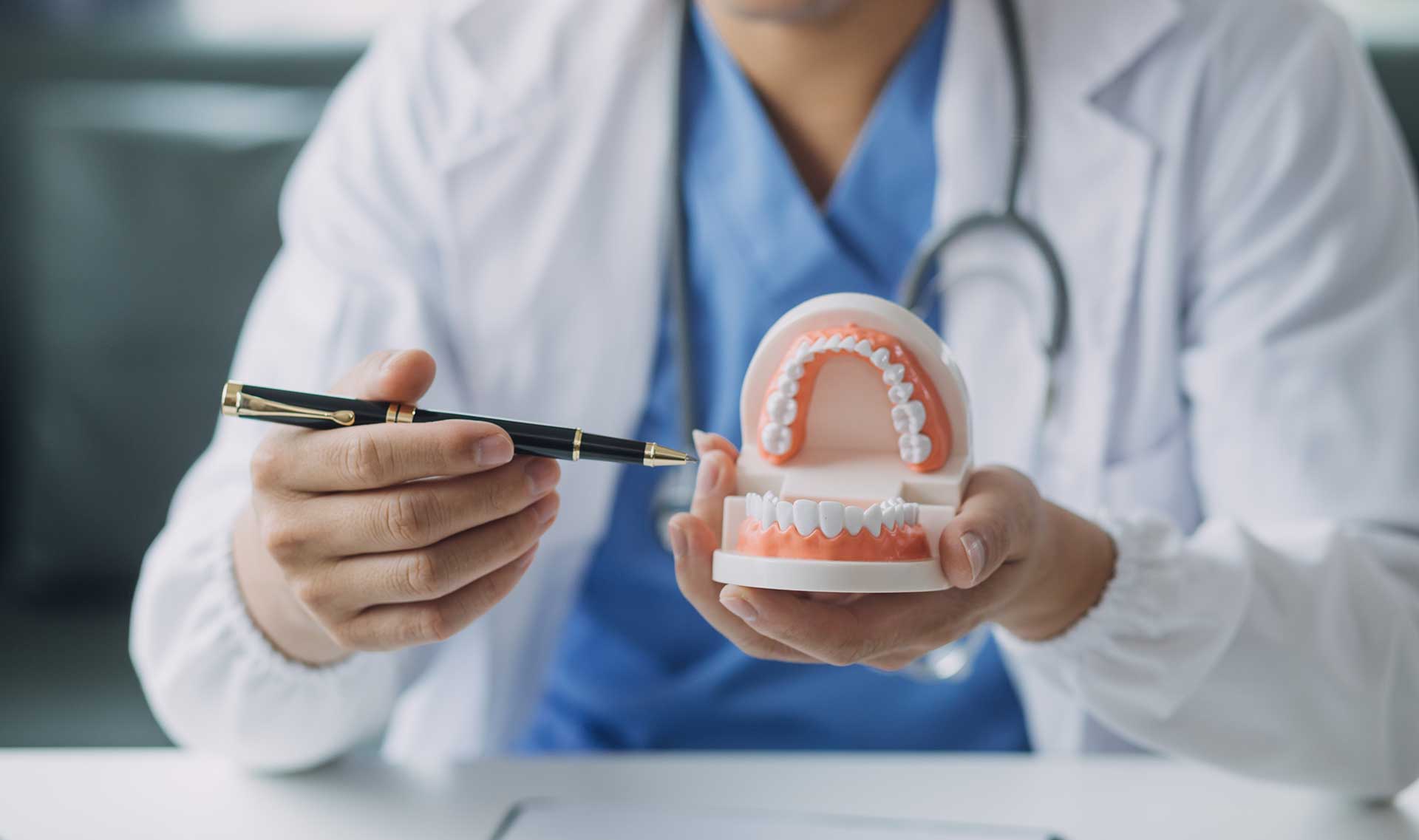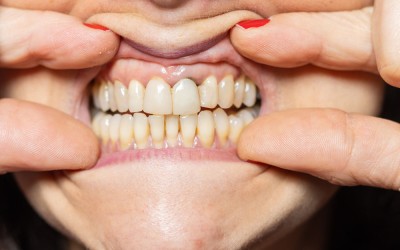Oral Surgery: Treatment of Dental and Jaw Issues

Oral Surgery: Treatment of Dental and Jaw Issues
- 21 April 2024
- 2228 views
Find solutions to dental and jaw problems through oral surgery. Get information on reliable and effective treatment options from experts.
This content is for informational purposes only and does not replace medical advice, diagnosis, or treatment. Please consult a healthcare professional for any health concerns.
Table of Contents
Oral surgery is a medical field where dental and jaw problems are treated using surgical methods. In this field, various procedures such as dental implants, tooth extraction, gum surgery, jaw surgery, and more are performed to address different dental and jaw issues.
Importance of Oral Surgery
Oral surgery plays a critical role in preserving and improving dental and jaw health. Dental and jaw problems can affect oral health and have negative impacts on overall health. Oral surgery is a specialized field required to effectively treat such problems, aiming to ensure patients have a healthy mouth and smile.
Common Procedures
There are many different procedures in oral surgery. Some commonly performed oral surgical procedures include:
- Tooth Extraction: Tooth extraction is performed when damaged or decayed teeth need to be removed. It may also be necessary in cases of impacted or overcrowded teeth.
- Dental Implants: Dental implants involve the placement of artificial tooth roots to replace missing teeth. This procedure is important for maintaining jaw bone structure after tooth loss and achieving an aesthetic smile.
- Gum Surgery: Gum surgery may be necessary for treating gum diseases. These procedures can reduce gum inflammation, correct gum recession, or place gum grafts.
- Cyst or Tumor Surgery: Surgical removal of cysts or tumors in the oral cavity may be necessary. These procedures involve removing pathological tissues and preserving healthy tissues.
- Jaw Surgery: Jaw surgery may be performed for conditions such as jaw fractures, surgical treatment of the jaw joint, or congenital jaw anomalies. These procedures are important for restoring jaw function and aesthetics.
Problems Treatable by Oral Surgery
Oral surgery can address various dental and jaw problems, including but not limited to:
- Tooth Loss: Tooth loss can be treated with dental implants or prosthetics.
- Dental and Jaw Traumas: Tooth or jaw fractures resulting from accidents or injuries can be treated with oral surgery.
- Gum Diseases: Gum diseases may require gum surgery for treatment.
- Jaw Anomalies: Congenital or acquired jaw anomalies can be corrected with jaw surgery.
- Oral Tumors and Cysts: Tumors or cysts in the oral cavity can be surgically removed.
Oral Surgery and Aesthetic Surgery
Oral surgery not only improves dental and jaw health but also enhances aesthetic appearance. For example, dental implants and other restorative procedures can help patients achieve a more beautiful smile.
Preparation for Oral Surgery
Preparation for oral surgery is crucial for the success of the procedure. Patients should consult with their doctors before surgery, undergo necessary tests and examinations, and educate themselves about the procedure. Additionally, they should carefully follow all instructions provided for the day of surgery.
Post-Operative Care for Oral Surgery
Post-operative care is important for speeding up the recovery process. Patients should follow their dentist's recommendations, keep the oral cavity clean, take antibiotics and pain relievers regularly, and follow a soft diet to avoid damaging the surgical site. Additionally, habits that may slow down recovery, such as smoking, should be avoided.
Oral surgery is a medical field with a significant impact on dental and jaw health, enhancing patients' quality of life. Specialists in this field strive to effectively treat dental and jaw problems through various procedures while preserving patients' health and quality of life. Therefore, it is important to have detailed information and consult with a qualified surgeon when necessary.







